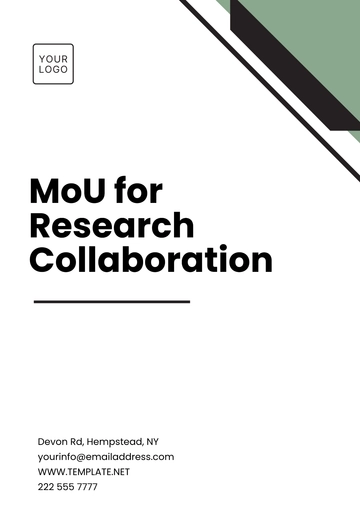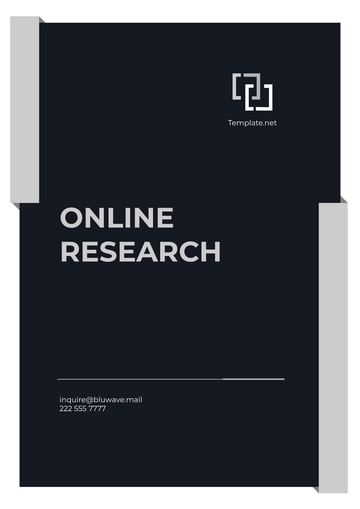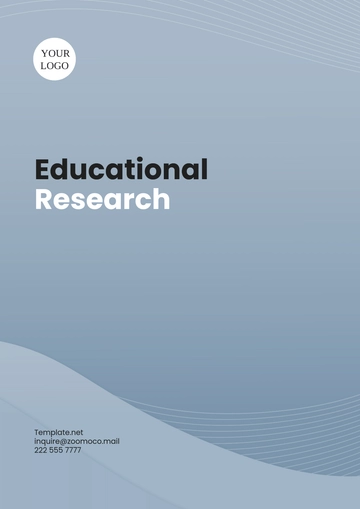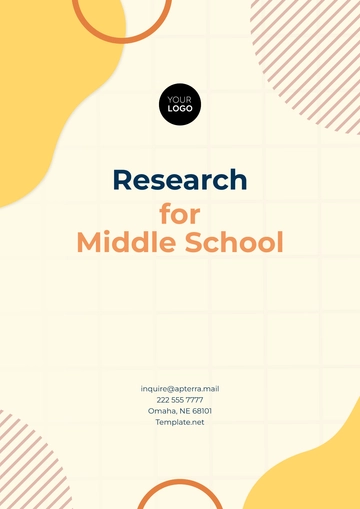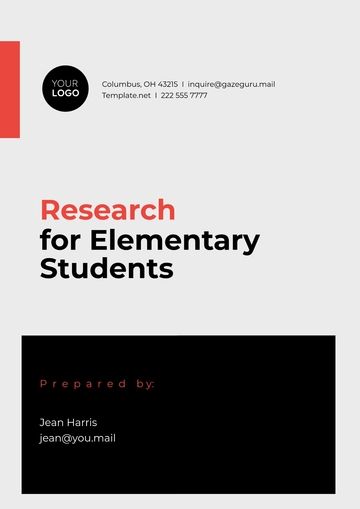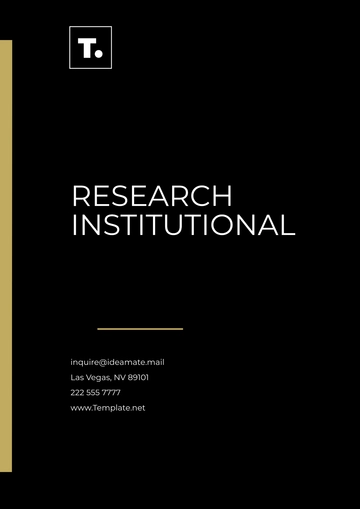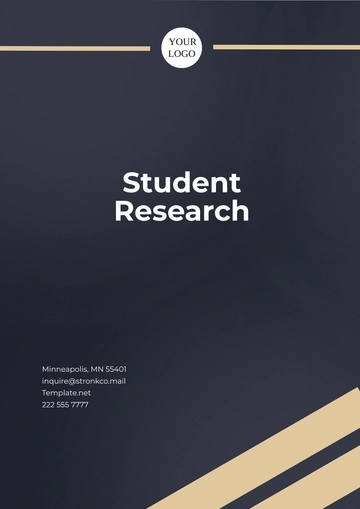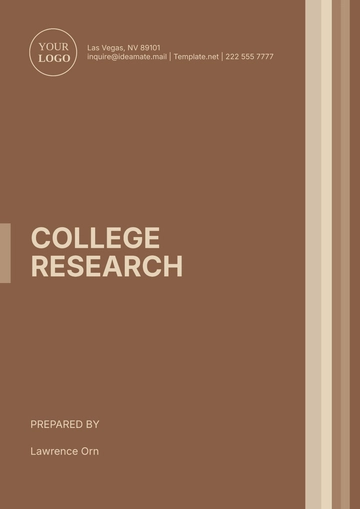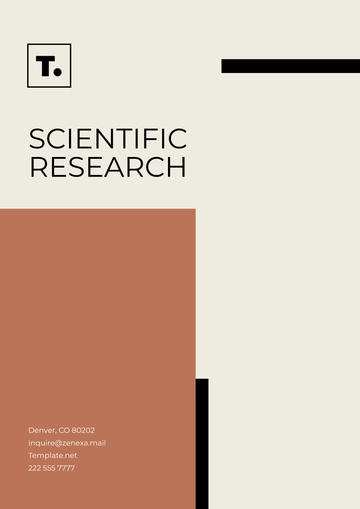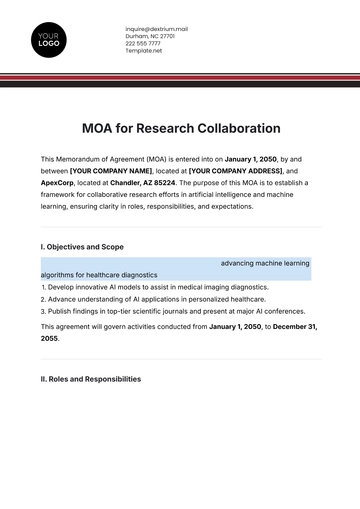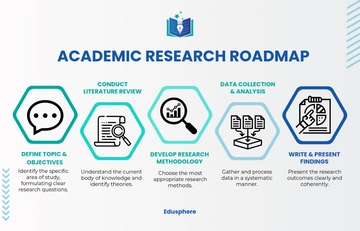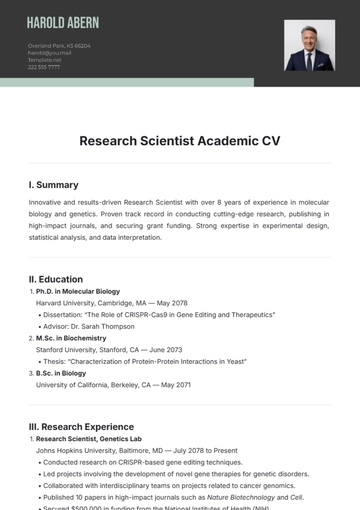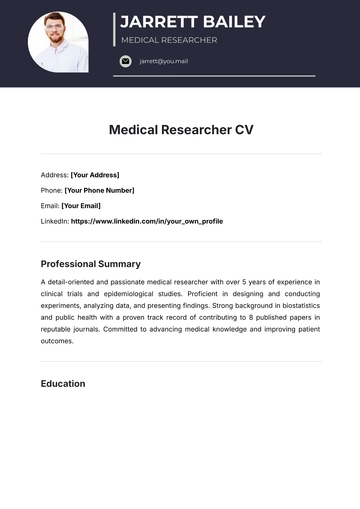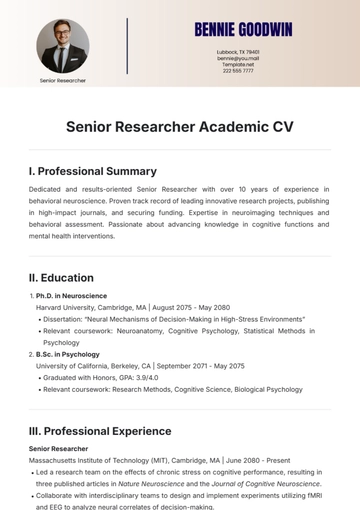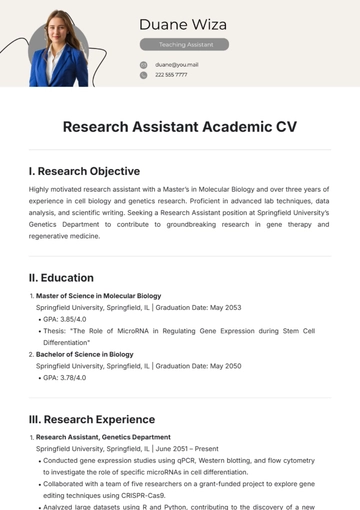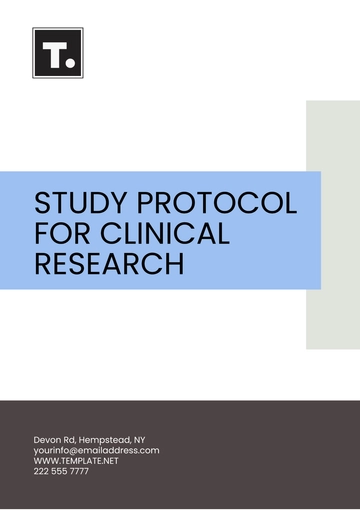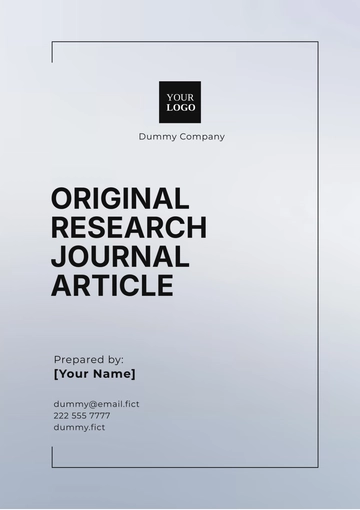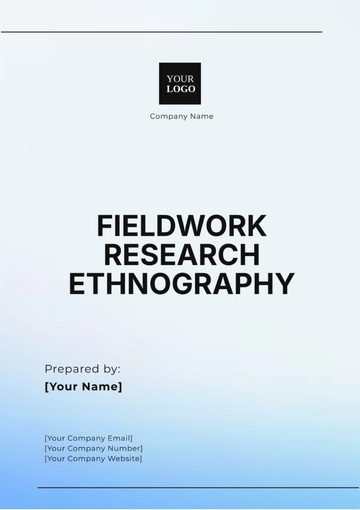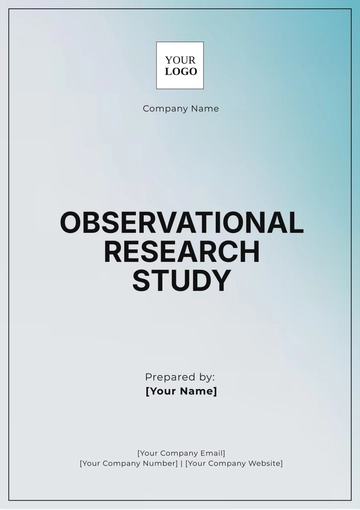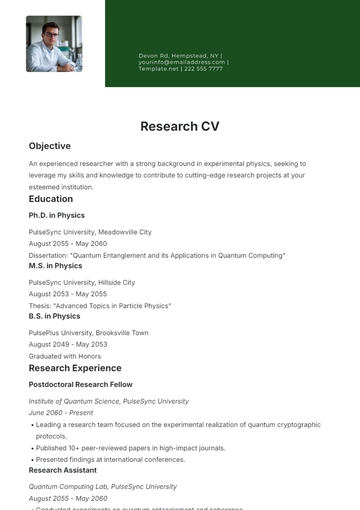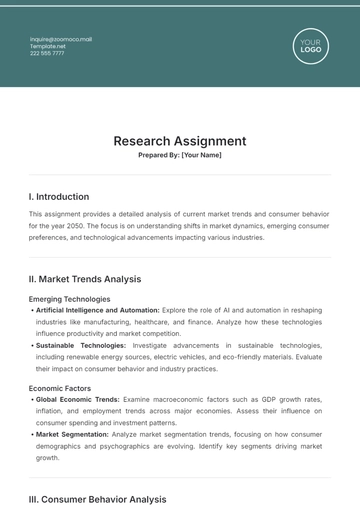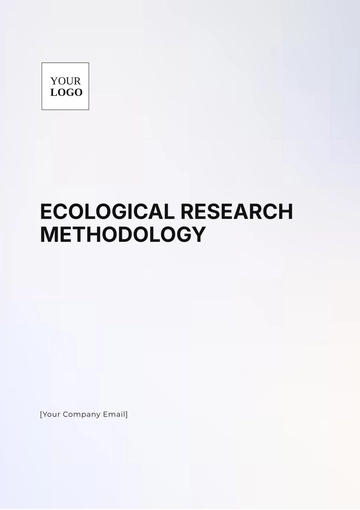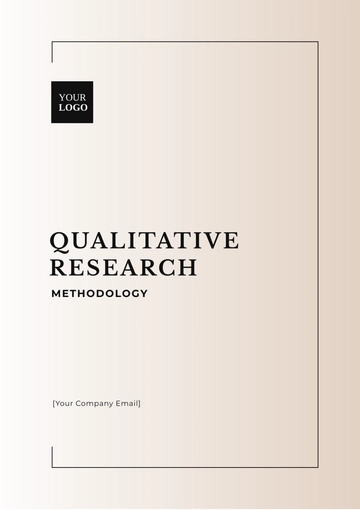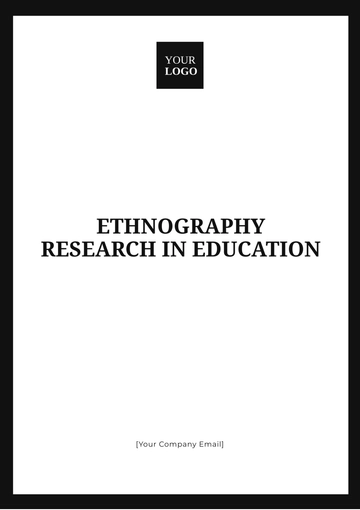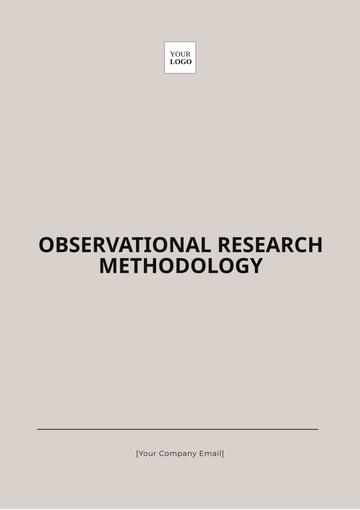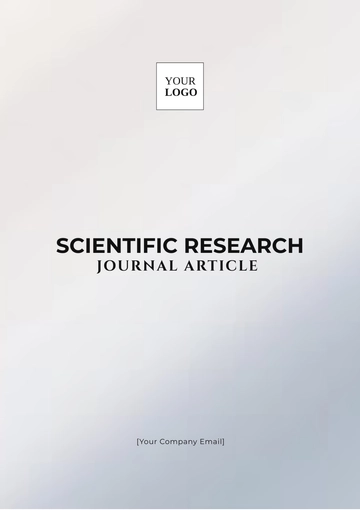Free Research Publication Journal Article

Written By: [Your Name]
Abstract
Research publications are integral to the academic and scientific communities, serving as the primary mechanism for disseminating knowledge, fostering innovation, and advancing progress across disciplines. This article explores the paradigms of research publication, tracing its historical evolution, examining the peer-review process, addressing current challenges, and considering future trends and prospects.
I. Introduction
Research publication is a cornerstone of scholarly communication, enabling the exchange of ideas and findings among scholars, researchers, and practitioners. The process of disseminating research has undergone significant evolution, influenced by technological advancements, changing academic norms, and the increasing demand for timely access to information. This article delves into the multifaceted nature of research publication, emphasizing its significance in the academic world and laying the groundwork for a comprehensive analysis of its various aspects.
II. The Evolution of Research Publications
The history of research publications dates back to the 17th century, with the establishment of scientific journals that provided a formal platform for scholars to share their findings. The Philosophical Transactions of the Royal Society, founded in 1665, is widely recognized as the first peer-reviewed journal and marks the beginning of a systematic approach to scholarly communication. Over the centuries, the landscape of research publication has expanded dramatically, with the advent of digital platforms and open-access journals revolutionizing the field.
The shift from print to digital formats has brought about significant changes, including increased accessibility, reduced publication times, and enhanced global reach. Digital platforms have democratized access to knowledge, allowing researchers from diverse backgrounds to engage with the latest developments in their fields. However, this transition has also introduced challenges, such as ensuring the quality of published research and addressing the digital divide that persists in certain regions.
III. The Peer-Review Process
The peer-review process is the bedrock of academic publishing, ensuring the credibility, validity, and quality of research before it is made publicly available. In a typical peer-review process, experts in the relevant field evaluate research manuscripts, providing constructive feedback and making recommendations regarding acceptance, revision, or rejection.
Despite its importance, the peer-review process is not without its flaws. Challenges such as reviewer bias, lack of transparency, and the growing burden on reviewers are ongoing concerns. These issues have prompted the exploration of alternative approaches, such as open peer review, where review comments are published alongside the article, fostering greater transparency and accountability.
IV. Challenges in Research Publication
The research publication landscape faces several significant challenges that threaten the integrity and reliability of scholarly communication. One of the most pressing issues is the reproducibility crisis, where many research findings cannot be replicated or verified by other researchers. This crisis undermines the trustworthiness of published work and highlights the need for rigorous methodologies, transparent reporting, and the availability of raw data.
The pressure to publish, often encapsulated in the phrase "publish or perish," has led to the proliferation of questionable practices such as plagiarism, data fabrication, and the rise of predatory journals. These journals exploit researchers' need for rapid publication but lack proper peer-review mechanisms, compromising the quality of the research they publish.
V. Emerging Trends and Future Prospects
The future of research publication is likely to be shaped by ongoing technological advancements and a shift towards more open, collaborative, and transparent practices. Preprint archives, for example, allow researchers to disseminate their findings rapidly before undergoing formal peer review, facilitating immediate access to new knowledge and fostering early discussions within the scholarly community.
The adoption of open-access models is another significant trend, aiming to democratize access to research findings by making them freely available to a broader audience without subscription barriers. This shift towards openness is supported by various funding agencies and institutions, which are increasingly mandating open-access publication for the research they support.
Blockchain technology is also being explored as a means of ensuring the integrity and traceability of the publication process. By providing a decentralized and tamper-proof record of research data and publications, blockchain has the potential to enhance transparency and accountability in scholarly communication.
VI. Conclusion
Research publications remain a fundamental component of the scientific enterprise, serving as the primary means of sharing knowledge and advancing progress across disciplines. While technological advancements and shifts toward openness offer promising prospects for the future, it is essential to address the lingering challenges that threaten the integrity and reliability of scholarly communication. By embracing innovation, fostering a culture of integrity, and promoting transparency, the domain of research publication can continue to evolve and thrive, ensuring that it remains a vital tool for the advancement of knowledge.
VII. References
Smith, J. (2020). The History of Scientific Journals. Journal of Academic Publishing, 12(4), 234-245.
Johnson, L., & White, E. (2019). Peer Review in the Digital Age. Open Research Journal, 8(2), 112-126.
Brown, A., et al. (2021). Addressing the Reproducibility Crisis in Research. Science Advances, 7(10), eabc1234.
Miller, R. (2018). The Rise of Open Access Publishing. Future Science, 5(3), 67-78.
- 100% Customizable, free editor
- Access 1 Million+ Templates, photo’s & graphics
- Download or share as a template
- Click and replace photos, graphics, text, backgrounds
- Resize, crop, AI write & more
- Access advanced editor
Streamline your research publication with Template.net's Research Publication Journal Article Template. This editable and customizable template offers a clear structure for your journal article, covering all necessary sections from introduction to references. Editable in our AI Editor Tool, it ensures your research is presented professionally, meeting the standards of academic journals for successful publication.
